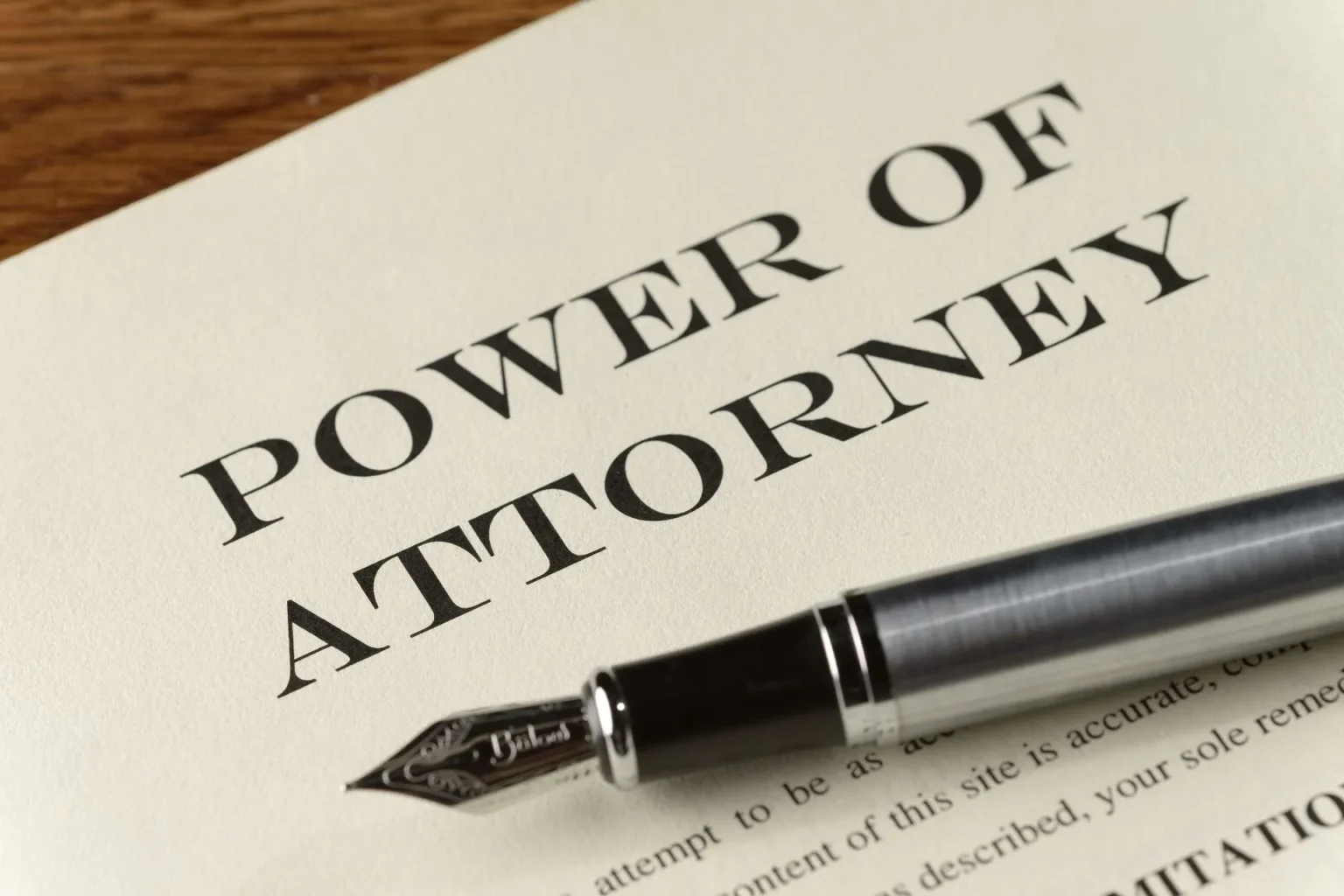A Power of Attorney (POA) is a vital legal document that allows an individual (the principal) to designate another person (the agent or attorney-in-fact) to act on their behalf in financial, medical, or legal matters. Understanding the power of attorney requirements in Florida is crucial to ensuring its validity and enforceability. This handbook provides a detailed guide on Florida POA laws in 2025, helping you navigate the legal framework effectively.
Types of Power of Attorney in Florida
Florida law recognizes several types of POAs, including:
- General Power of Attorney – Grants broad powers to the agent to handle financial and legal affairs.
- Durable Power of Attorney – Remains valid even if the principal becomes incapacitated.
- Limited (Special) Power of Attorney – Restricts the agent’s powers to specific actions or transactions.
- Medical Power of Attorney (Healthcare Surrogate Designation) – Authorizes an agent to make healthcare decisions.
- Springing Power of Attorney – Becomes effective only under predetermined conditions, though Florida generally does not permit these anymore.
Florida Power of Attorney Requirements
To ensure a POA is legally binding, it must meet the following Florida power of attorney requirements:
- Written Document: The POA must be in writing.
- Signature and Notarization: The principal must sign the document in the presence of two witnesses and a notary public.
- Legal Capacity: The principal must be of sound mind and understand the implications of granting a POA.
- Agent’s Acceptance: The designated agent must accept the authority granted in the POA.
- Specificity: The POA must clearly define the powers granted to the agent.
Duties and Responsibilities of a Power of Attorney Agent
An agent under a Florida POA is legally obligated to:
- Act in the best interest of the principal.
- Avoid conflicts of interest.
- Maintain accurate financial records.
- Follow the terms specified in the POA document.
- Make decisions that align with the principal’s wishes.
Revoking or Terminating a Power of Attorney
A Florida POA can be revoked or terminated under these conditions:
- The principal signs a written revocation.
- The principal passes away.
- A court invalidates the POA due to fraud or coercion.
- The agent resigns or becomes unable to serve.
Why You Need a Florida Power of Attorney
A properly executed POA can provide peace of mind by ensuring that trusted individuals handle financial, medical, or legal affairs when the principal is unable to do so. Whether for elder care planning, real estate transactions, or business management, having a legally compliant POA in Florida is essential.
Final Thoughts
Navigating the power of attorney requirements in Florida can be complex, but understanding the rules can help protect your interests. Whether you need a POA for financial, medical, or other legal matters, following the Florida power of attorney requirements will ensure a valid and enforceable document. Consulting with an estate planning attorney can further help in drafting a POA tailored to your specific needs.
By following this comprehensive handbook, you can confidently create a Florida POA that meets all legal requirements in 2025.

